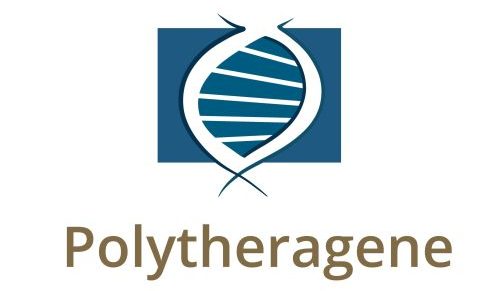APME23
POLYTHERAGENE supports APME23 (Advanced Polymer via Macromolecular Engineering) dedicated to macromolecular engineering and the design of new materials for biomedical applications with an emphasis on issues of sustainability and recycling.
Toward the industrialization of gene therapies

In response to the Ile de France Region Call for Projects to support novative R & D projects in the field of Bioproduction, POLYTHERAGENE has received financial support for its project: Very efficient transfectant for bioproduction of Recombinant AAV and Lentiviruses for Gene Therapy.
Year after year the successes of gene therapy have been prodigious so that many patients will be able to be treated in the near future. But today, treatments are still far too expensive, mainly because the industrial scale bioproduction of viral particles to introduce genes into diseased cells is difficult and very expensive. Polytheragene, which has know-how in the synthesis of polymers to introduce genes into cells, proposes to develop new molecules and original formulations (polyplexes) with the objective of greatly reducing the quantities of very expensive genetic material used to bioproduce viral particles. These innovative solutions will contribute to the industrialization of gene therapy drugs at more reasonable prices.
______________________________________________________________________________
Following a collaboration between Polytheragene, Genethon and Yposkesi (an industrial platform created by the AFM-Telethon in Genopole), the PTG1-plus polymer of the PTG1 family has shown a remarkable transfection efficiency of cells producing viral vectors (AAV and Lentivirus) with remarkably low toxicity.
Following these results, Genethon has entered into a license agreement for the use of PTG1 plus. Yposkesi, the leader in Europe for the large-scale production of viral vectors for gene therapy, has also concluded a contract to supply PTG1 plus.
See the article in Genopole newsletter of April.

